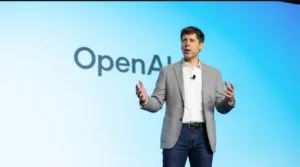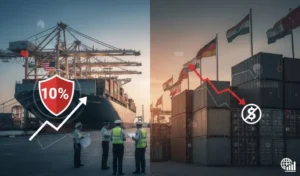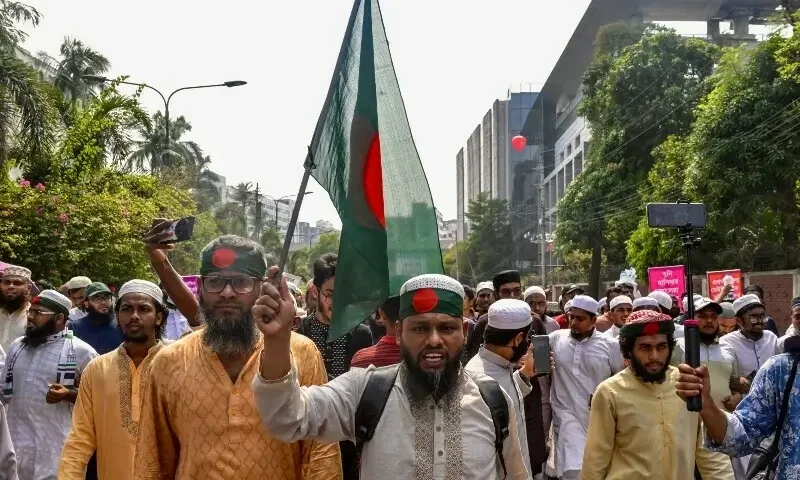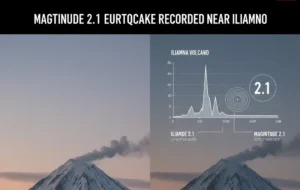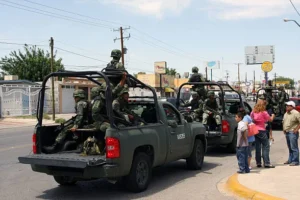Bangladesh’s Election Commission has officially canceled the registration of the Awami League, blocking the former ruling party from contesting the upcoming national election, which is expected to take place by mid-2025.
The move follows a sweeping government crackdown under the country’s interim leadership led by Nobel Peace Prize laureate Muhammad Yunus. On Monday, the Ministry of Home Affairs formally banned all Awami League-related political activity due to the Anti-Terrorism Act.
The order prohibits publications of online content, public gatherings, and all forms of organizational operation by the party and its affiliates until legal proceedings against its leadership are concluded.
The ban stems from allegations tied to violent protests in July and August of last year, during which former Prime Minister Sheikh Hasina and other senior party figures were accused of orchestrating a brutal crackdown that resulted in hundreds of deaths.
Hasina fled to India in August 2024 and remains in exile alongside many of her top officials and former lawmakers. A government adviser warned that individuals expressing support for the Awami League on digital platforms could face immediate arrest under the new restrictions.
The Election Commission’s announcement further cements the party’s exclusion from the political arena, as registration is a legal requirement for participation in Bangladesh’s elections. In response, the Awami League condemned the interim administration’s actions, accusing it of dismantling democratic norms and enabling violence against political opponents.
The party reported widespread arrests and attacks targeting its members and properties across the country. The United Nations human rights office previously estimated that as many as 1,400 people may have died during last year’s anti-Hasina protest.
While calling for accountability, the UN also cautioned against banning political parties, warning that such action risks undermining democracy and marginalized voters. Yunus has indicated that the general election will likely be scheduled for December or June 2025.

